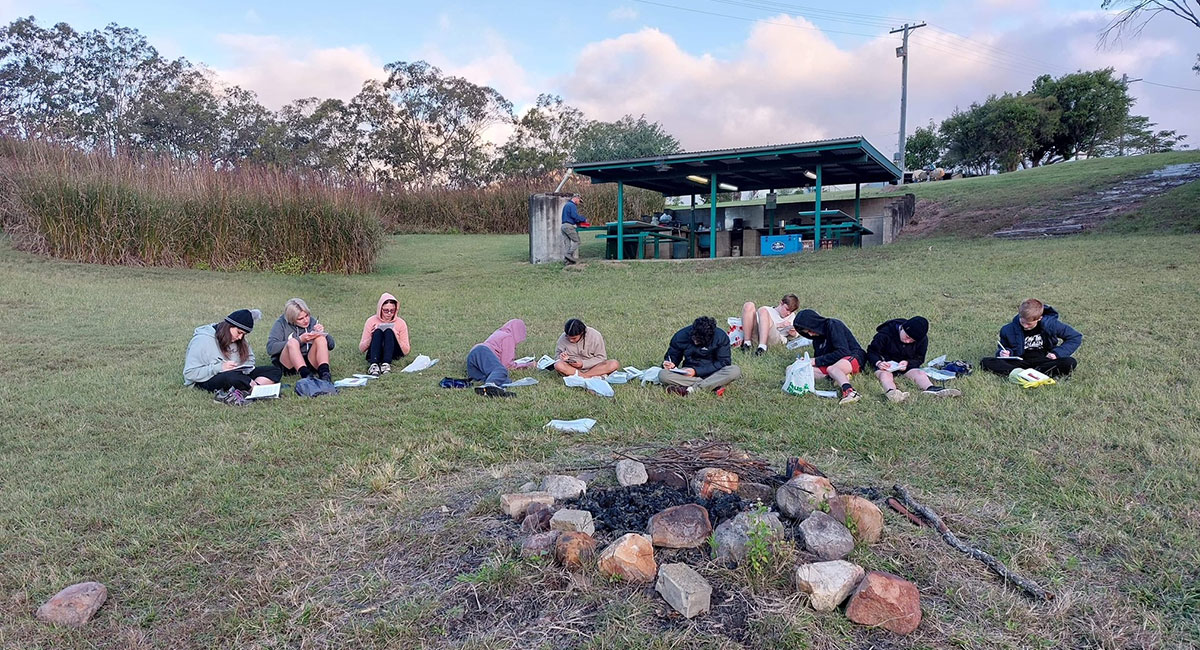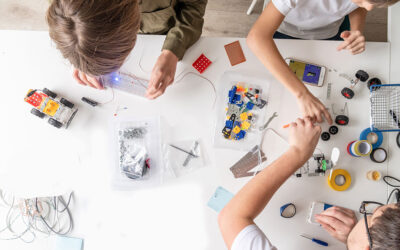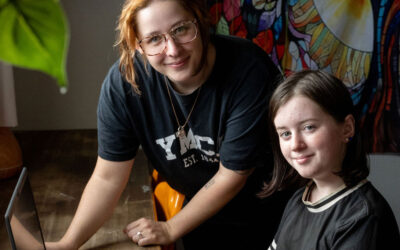Front-of-mind when we think of priorities in childrens’ education is academic achievement. Yet, with the data on the mental, physical and emotional health of Australia’s youth an increasing concern, many schools are also realising the importance of prioritising wellbeing.
One such school working to ensure its students have a balanced and emotionally nurturing experience is Caloundra City Private School. It is integrating the principles of Positive Education to assist students in developing the essential traits and habits that will act as the building blocks for a positive and healthy life.
“We believe the mental, emotional and physical wellbeing of our young people is paramount,” says Caloundra City Private School Principal, Leon van Niekerk.
He says the school has a strong, overarching emphasis on student wellbeing within a supportive and caring school community.
“We aim to ensure students form positive lifelong habits to carry into their futures.”

What is Positive Education?
Positive Education combines the science of Positive Psychology with best practice teaching. It encourages and supports individuals, schools, and communities to flourish. This approach focuses on specific skills that assist students in strengthening their relationships, building positive emotions, and enhancing personal resilience. It also promotes achievement and encourages a healthy lifestyle.
Wellbeing program forms part of the school’s daily routine
“Wellbeing and Positive Education are embedded into our daily practices and school culture through the Wellbeing@CaloundraCity program,” Mr van Niekerk says.
Wellbeing@CaloundraCity is a Kindergarten to Year 12 program based on the school’s core values of excellence, integrity, learning, respect and inclusiveness. Junior and Senior School wellbeing lessons are incorporated daily. These are based on Dr Martin Seligman’s studies on PERMA-H and Positive Education Enhanced Curriculum (PEEC) frameworks.
PERMA-H encompasses six main elements Seligman premises as critical for long-term wellbeing. They include:
P – Positive emotions: Feeling positive emotions such as joy, gratitude, interest, and hope.
E – Engagement: Being fully absorbed in activities that use your skills but still challenge you.
R – (Positive) relationships: Connecting with others.
M – Meaning: What you do for others; what is important to you.
A – Accomplishment: Pursuing success, winning, achievement, and mastery.
H – Health: Sleep, food, exercise, relaxation.
“The pathways for our wellbeing program are physical and emotional safety, pro-social values, social and emotional learning, a supportive and caring school community, a strength-based approach, a sense of purpose and a healthy lifestyle,” says Mr van Niekerk.
“This approach not only helps address mental health issues, but also promotes pro-social and ethical behaviour, academic engagement and learning and also teacher wellbeing.”

Wellbeing influences the whole school
Leon van Niekerk says the wellbeing program influences initiatives across the whole school.
The Student Diary and Daily Planners are specifically designed for the school. They feature daily lessons suitable to each year level based on the following topics: emotions and gratitude, engagement and mindfulness, relationships and empathy, meaning and purpose, accomplishment and optimism, health and strengths.
Students and staff are also encouraged to have quiet time and reflection throughout the day.
The school works closely with the Institute of Positive Education, Positive Education Schools Association and Action for Happiness Organisation for important training and resources.
Mr van Niekerk also says outdoor education also forms a core part of the wellbeing program.
“[It] provides students the opportunity to learn valuable life skills, outside of the classroom,” he says.
This includes camps, activities and expeditions designed to connect students with nature and challenge students mentally and physically. They are also encouraged to disconnect from devices and the distractions of day-to-day life.


